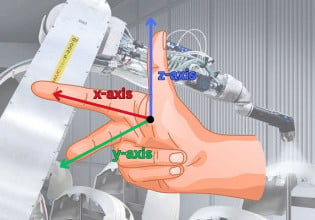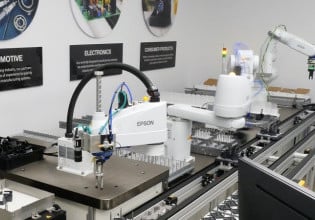A
Recently an accident occured in South Africa that at Duvha Power Station a Steam overspeed failure and causes catastrophic damages. I want to know the possible Root Causes. Please click the link and read the report with Pictures. I want to know your good views and root Cause analysis.
http://www.scribd.com/doc/61342541/Duvha-2011-Overspeed-Testing-Failure-V2
I shall be very thankful to you.
Regards,
Askani
http://www.scribd.com/doc/61342541/Duvha-2011-Overspeed-Testing-Failure-V2
I shall be very thankful to you.
Regards,
Askani






